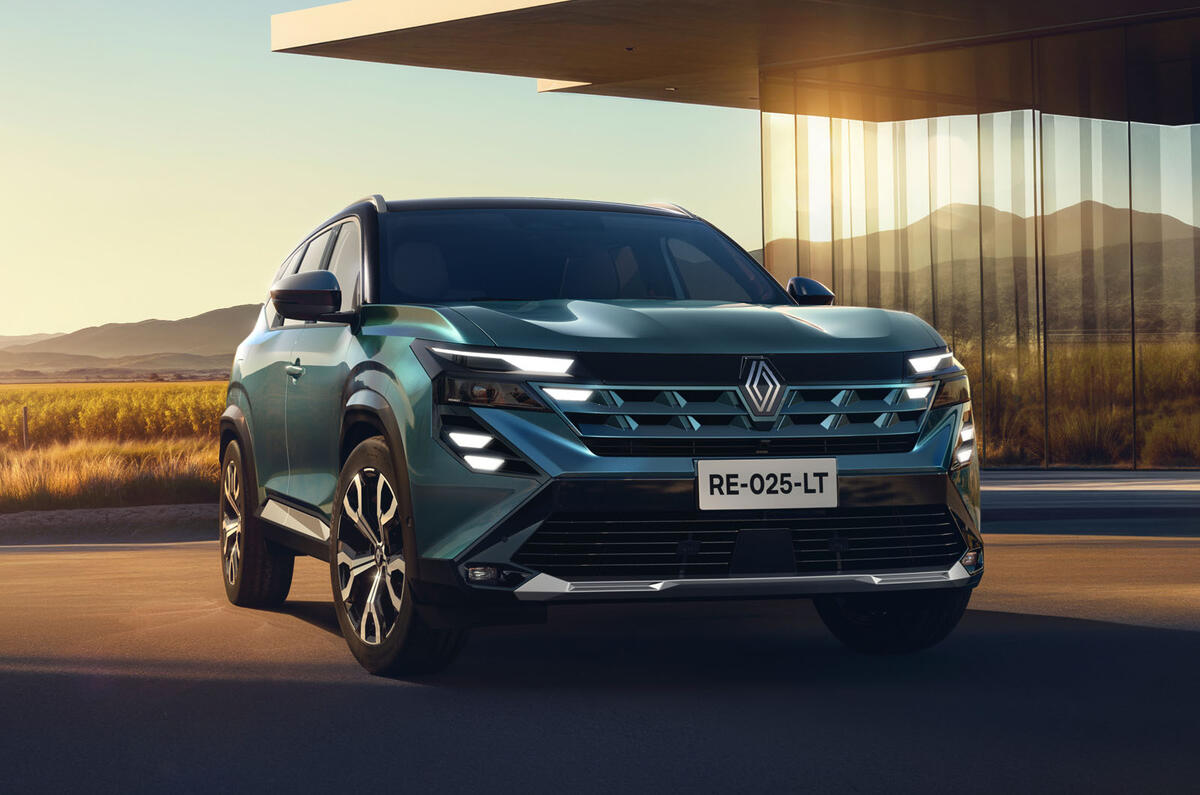The world’s volume car makers are dusting off their suitcases to find or expand sales in emerging markets in a bid to offset sluggish performance in their stronghold countries, particularly European ones.
“You don't want to stand on just one leg called Europe, just like you shouldn't stand on one leg called China or the US,” Skoda boss Klaus Zellmer told Autocar at the recent Munich motor show. “It’s better to ditch the European dependency, and this is where ASEAN [South East Asia], Australia, Oceania, India comes to play.”




Add your comment